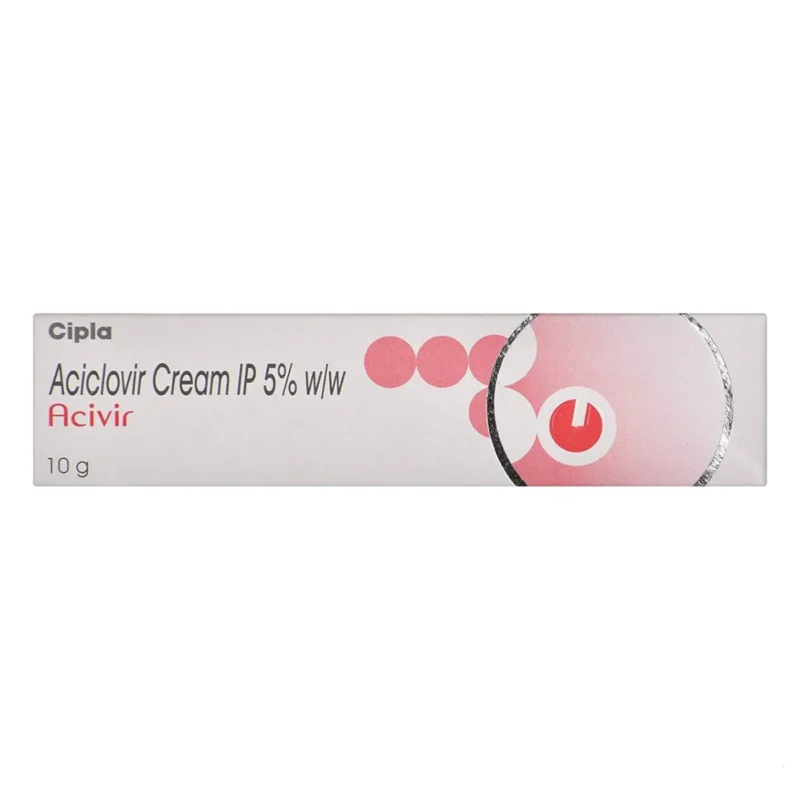
Immune Booster
Immune Booster
What is a Virus
Viruses are small particles of genetic material (either DNA or RNA) that are surrounded by a protein coat. Some viruses also have a fatty “envelope” covering. They are incapable of reproducing on their own. Viruses depend on the organisms they infect (hosts) for their very survival. Viruses get a bad rap, but they also perform many important functions for humans, plants, animals, and the environment. For example, some viruses protect the host against other infections. Viruses also participate in the process of evolution by transferring genes among different species. In biomedical research, scientists use viruses to insert new genes into cells.
Types of Viral Infections
RESPIRATORY VIRAL INFECTIONS
Respiratory viral infections affect the lungs, nose, and throat. These viruses are most commonly spread by inhaling droplets containing virus particles. Examples include:
- Rhinovirus is the virus that most often causes the common cold, but there are more than 200 different viruses that can cause colds. Cold symptoms like coughing, sneezing, mild headache, and sore throat typically last for up to 2 weeks.
- Seasonal influenza is an illness that affects about 5% to 20% of the population in the US every year. More than 200,000 people per year are hospitalized annually in the US due to complications of the flu. Flu symptoms are more severe than cold symptoms and often include body aches and severe fatigue. The flu also tends to come on more suddenly than a cold.
- Respiratory Syncytial Virus (RSV) is an infection that can cause both upper respiratory infections (like colds) and lower respiratory infections (like pneumonia and bronchiolitis).
VIRAL SKIN INFECTIONS
Viral skin infections can range from mild to severe and often produce a rash. Examples of viral skin infections include:
- Molluscum contagiosum causes small, flesh-colored bumps most often in children ages 1 to 10 years old; however, people of any age can acquire the virus. The bumps usually disappear without treatment, usually in 6 to 12 months.
- Herpes simplex virus-1 (HSV-1) is the common virus that causes cold sores. It’s transmitted through saliva by kissing or sharing food or drink with an infected individual. Sometimes, HSV-1 causes genital herpes. An estimated 85% of people in the US have HSV-1 by the time they are in their 60s.
- Varicella-zoster virus (VZV) causes itchy, oozing blisters, fatigue, and high fever characteristic of chickenpox. The chickenpox vaccine is 98% effective at preventing infection. People who have had chickenpox (or in extremely rare instances, people who have received the chickenpox vaccine) are at risk for developing shingles, an illness caused by the same virus. Shingles can occur at any age, but it occurs most often in people age 60 or older.
SEXUALLY TRANSMITTED VIRAL INFECTIONS
Sexually transmitted viral infections spread through contact with bodily fluids. Some sexually transmitted infections can also be transmitted via the blood (blood-borne transmission).
- Human papillomavirus (HPV) is the most common sexually-transmitted infection in the US. There are many different types of HPV. Some cause genital warts while others increase the risk of cervical cancer.
- Hepatitis B is a virus that causes inflammation in the liver. It’s transmitted through contaminated blood and bodily fluids. Some people with the virus don’t have any symptoms while others feel like they have the flu. The hepatitis B vaccine is more than 90% effective at preventing infection.
- Genital herpes is a common sexually-transmitted infection caused by herpes simplex virus-2 (HSV-2). Herpes simplex virus-1 (HSV-1), the virus responsible for cold sores, can also sometimes cause genital herpes. There’s no cure for genital herpes. Painful sores often recur during outbreaks. Antiviral medications can decrease both the number and length of outbreaks.
- Human immunodeficiency virus (HIV) is a virus that affects certain types of T cells of the immune system. Progression of the infection decreases the body’s ability to fight disease and infection, leading to acquired immune deficiency syndrome (AIDS). HIV is transmitted by coming into contact with blood or bodily fluids of an infected person.
OTHER VIRAL INFECTIONS
Viruses are abundant in the world and cause many other infections ranging from mild to life-threatening.
- Epstein-Barr virus (EBV) is a type of herpes virus that’s associated with fever, fatigue, swollen lymph nodes, and an enlarged spleen. EBV is a very common virus that causes mononucleosis (“mono”). More than 90% of adults have been infected with this “kissing disease” that is spread primarily through saliva.
- West Nile virus (WNV) is a virus that’s most commonly transmitted by infected mosquitoes. Most people (70% to 80%) with WNV don’t have any symptoms while others develop a fever, headache, and other symptoms. Less than 1% of people with WNV develop inflammation of the brain (encephalitis) or inflammation of the tissue surrounding the brain and spinal cord (meningitis).
- Viral meningitis is an inflammation of the lining of the brain and spinal cord that causes headache, fever, stiff neck, and other symptoms. Many viruses can cause viral meningitis, but a group of viruses called enteroviruses are most often to blame.
Signs of Viral Infections
- High Fever
- Tiredness or Fatigue
- Headache
- Diarrhea
- Sore throat
- Abdominal Pain
- Coughing
- Runny nose
- Skin rash
- Nausea and vomiting
- Muscle ache
- Chills
- Stiffness in neck
- Seizures
- Loss of sensation
- Impaired bladder
- Impaired bowel function
- Paralysis of limbs
- Sleepiness
- Confusion
It is important to note here that not all the people who show these signs or symptoms need medical treatment. If the symptoms are mild, it is advised to wait for a few days as most of them disappear on their own. This is basically due to the activation of body’s own defense mechanism that destroys the virus and make the symptoms to fade away.
Prevention
- Get vaccinated
- Wash your hands
- Do not touch your eyes or nose
- Get a proper sleep
- Avoid direct contact with people suffering from viral infections
- Use condom while having sex
- Do not use already used syringes, needles or blades
- Avoid contaminated food and water
Common Medications
Since viral infections have a wide scope of diseases, all of them can not be treated with a single medication. Depending upon the type of virus and severity of infection, medications can be changed or modified. Here is a basic list of drugs used for various diseases caused by viruses. If you are planning to buy antivirus online, make sure to buy them from an reputed online pharmacy. Otherwise, duplicate medications can harm your body in a serious manner.
S.no. | Disease | Treatment |
1 | Hepatitis | Adefovir, Lamivudine |
2 | Hepatic Cirrhosis | Ribravin |
3 | HSV-1,2 | Acyclovir |
4 | Encephalitis | Acyclovir |
5 | Aseptic- Meningitis | Cidofovir |
6 | AIDS | HAART(Zidovudine + Protease Inhibitors) |
7 | Influenza | Amantadine, Ribavirin |
8 | Pneumonia | Ribavirin(Aerosol) |
9 | Bronchitis | |
10 | Chicken Pox | Acyclovir, Valacyclovir |
11 | Retinitis | Cidofovir, Gancyclovir |















